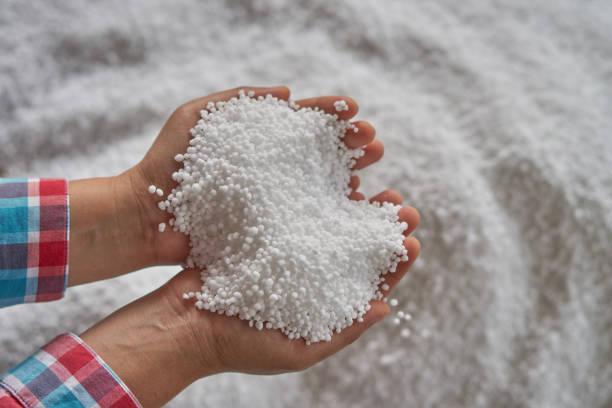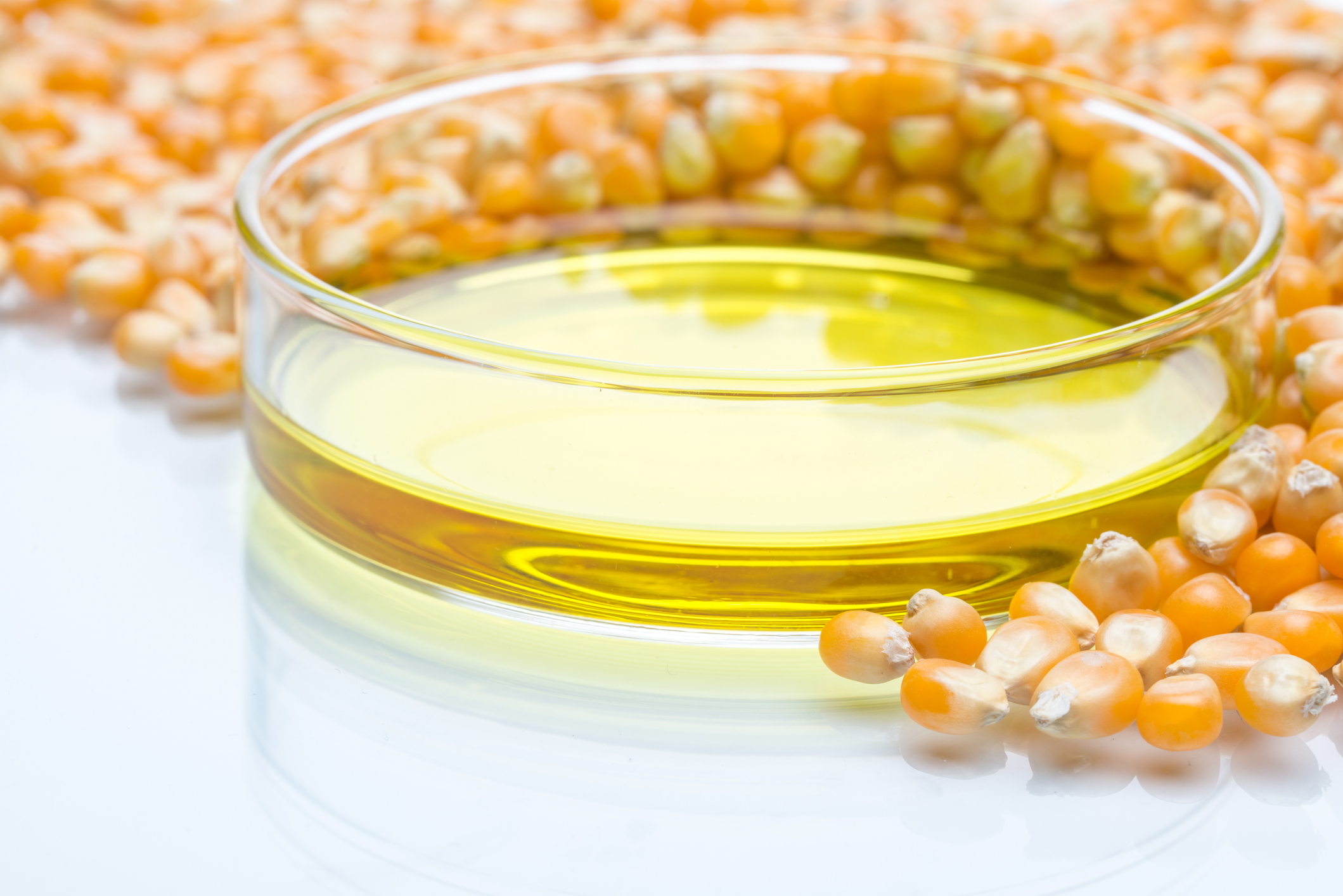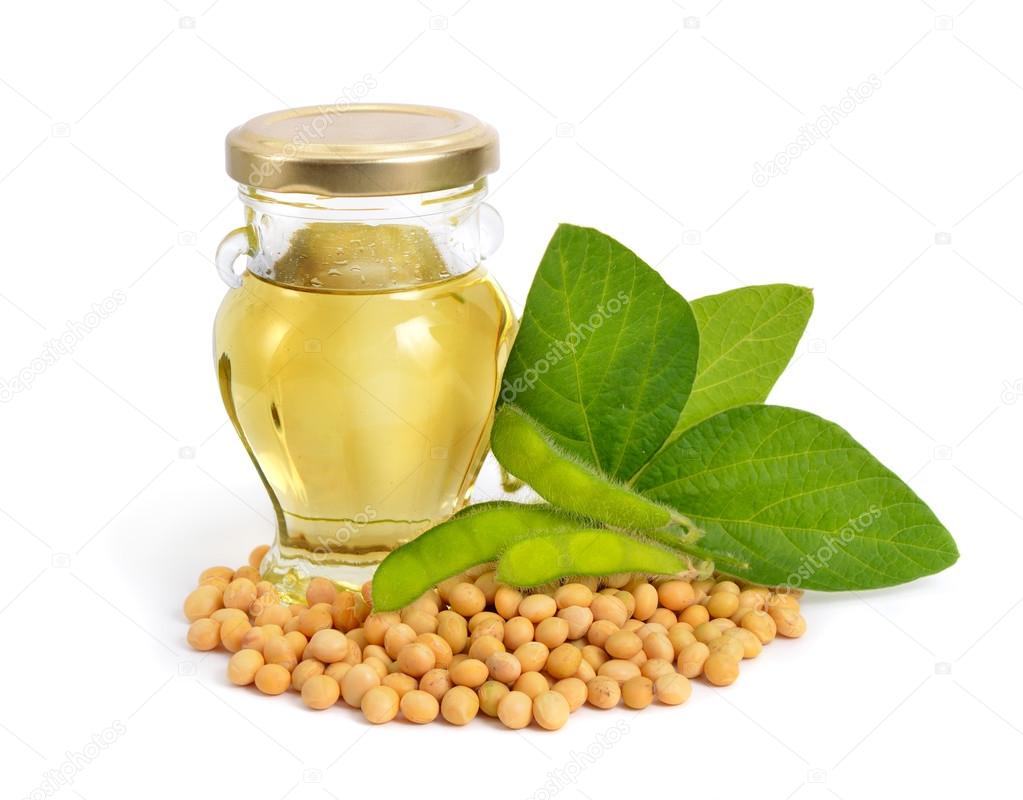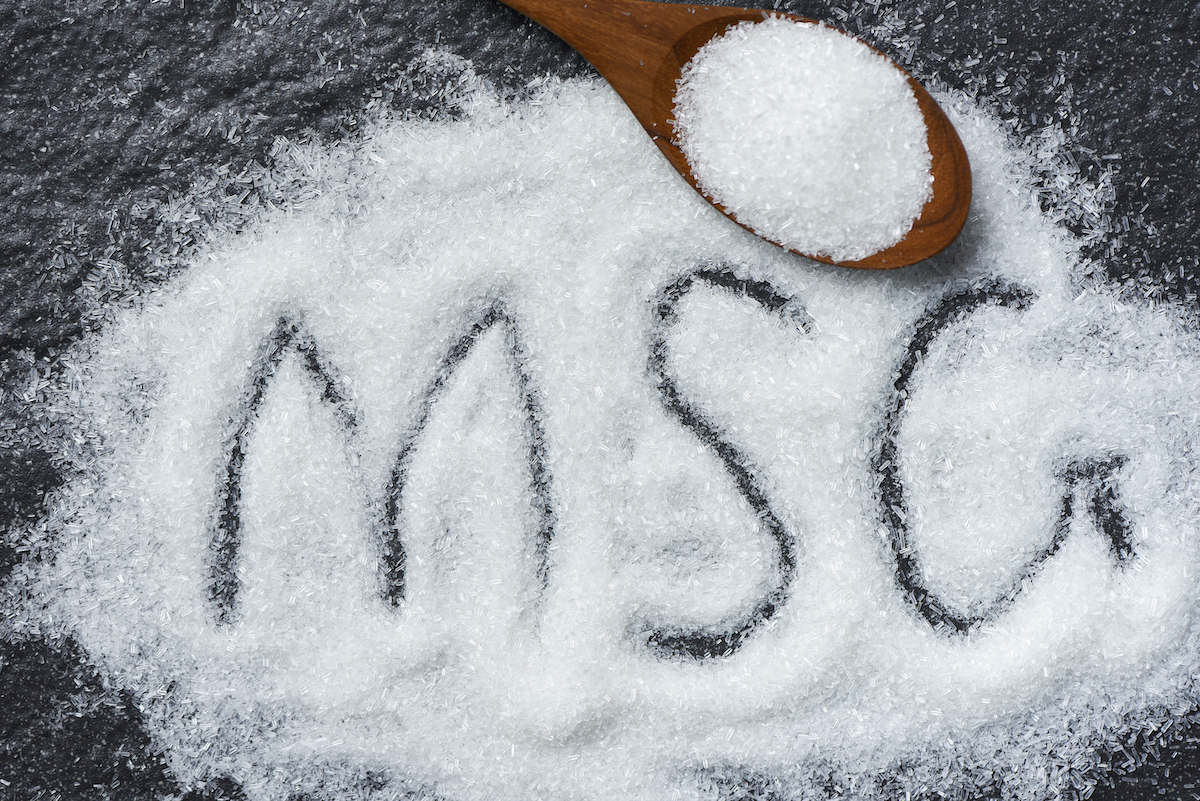Food is your essential wellspring of sustenance and wellbeing. What you put into your body matters. The mission to practice good eating habits seems like it ought to be so straightforward, yet there is such a lot of duplicity from food organizations that it is difficult to tell what is sound and what isn't.
Food Companies DON'T CARE About You

WHAT???
There are soooo many unsafe food additives whose names are misleading to the uninformed consumer. Knowing this, the grocery store suddenly becomes a landmine rather than a source of nourishment and health. You don’t know what you are putting into your body or feeding your family. It’s no wonder there are so many major health problems in this country.
Even if you shop in the organic/natural/whole foods section of your local grocery, you still have to be careful. Certainly, there are many better choices there, but these sections also have a lot of highly processed foods that are not as healthy as you might think. You need to be very careful about ANY packaged foods you purchase. Read your labels carefully.
Here are 8 dangerous ingredients to look out for:
1.Sodium Nitrate:
Sodium Nitrate is an additive used as a preservative. It is found in deli meats, hot dogs, bacon and other processed meats. Studies have linked sodium nitrate to heart disease, diabetes, cancer, neurological conditions, and gastrointestinal problems. If you eat meat, stick to lean fresh meats and limit or steer clear of meats containing sodium nitrate.
2. Azodicarbonamide:
Azodicarbonamide is an industrial chemical that is used to make rubber and synthetic leather. It makes things foamy, so somewhere along the way, someone thought it was a good idea to add it to bread to make is spongy! It is also used to whiten cereal flour. While the FDA claims that there is insufficient research to determine harm from exposure to this chemical in food, it has been banned in Europe and Australia. The World Health Organization and the CDC list respiratory issues, and skin and eye irritation warnings, and say not to ingest. Other sources associate ingesting this chemical with damaging hormone and immune function.
3. High fructose corn syrup:
Despite to corn industries aggressive campaign to convince us otherwise, high fructose corn syrup is NOT a natural food – it is highly processed. It is also not the same a natural sugar and it is not processed by the body in the same manner. Given that, coupled with the high quantities of high fructose corn syrup hidden in our food, it creates numerous health risks. High fructose corn syrup is linked to obesity, type II diabetes, high blood pressure, liver disease, and heart disease. Food manufacturers know consumers are looking for it on ingredient labels, so many now list it as fructose or fructose syrup. It’s the same dangerous ingredient, same high quantities, just a deceptive new name.
4. BHT (butyl hydroxytoluene)
Butyl hydroxytoluene (BHT) is a synthetic compound used as a preservative in foods and cosmetics. It slows the natural oxidation process, keeping foods and cosmetics from going bad. Interestingly, if you read the MSDS (Materia Safety Data Sheet) for this chemical, it clearly identifies it as a toxic substance. But it is in our food! Studies have linked BHT to cancer in animals. “They” say that low doses are fine, whereas high doses are not, however BHT is in a ton of food products, so how do you determine high vs. low doses? And is there a cumulative effect?
5. Enriched flour:
Essentially, enriched flour is flour that has been chemically and mechanically stripped of all its fiber and nutrients, and then has a small fraction of those nutrients artificially replaced. This leaves you with a product with virtually no nutritional value whatsoever. Due to the highly processed and depleted state, foods made with enriched flour are not processed in the same manner by your body. They immediately change into sugar and cause blood sugar and insulin spikes. This leads to numerous health risks, including increased risk for type 2 diabetes, damage to blood vessels, high blood pressure and increased risk for certain cancers. You may be accustomed to the texture and taste of white breads and flours, but do your health a favor and switch it up to true whole grains.6. Soybean oil:
The soybean has commonly been viewed as a healthy food and is a popular replacement for animal protein. Unfortunately, the soybean and soybean oil are also linked to many health conditions. One major problem is that the bean is commonly mass produced with lots of carcinogenic pesticides and genetically modified. Soy and soybean oil are linked to inflammation, digestive issues, allergies, malabsorption of nutrients and protein. The oil is also partially hydrogenated, thus a trans-fat, which you know poses numerous health risks. If you choose soy, be sure to find non-GMO, organic soy.7. MSG
MSG is a flavor enhancer that is added to many foods in the US. Unless you have been living under a rock for the past few decades, you have heard that MSG is bad for your health. It is linked to obesity, headaches, eye damage, nausea and other health problems. There are conflicting studies about short and long-term effects of MSG, however sensitivities are very common. With all the unknowns and the evidence toward health risks, you’re better of eliminating it from your diet.
8. Yellow #5 (tartrazine):
Yellow #5 is a food additive included in many foods to give it a yellow coloring. Studies have linked this additive to a number of health considerations. These include allergic reactions, hyperactivity, low sperm count, and cancer risks. Pay attention to this and other food coloring additives as many of them are linked to health concerns.








Comments
Post a Comment